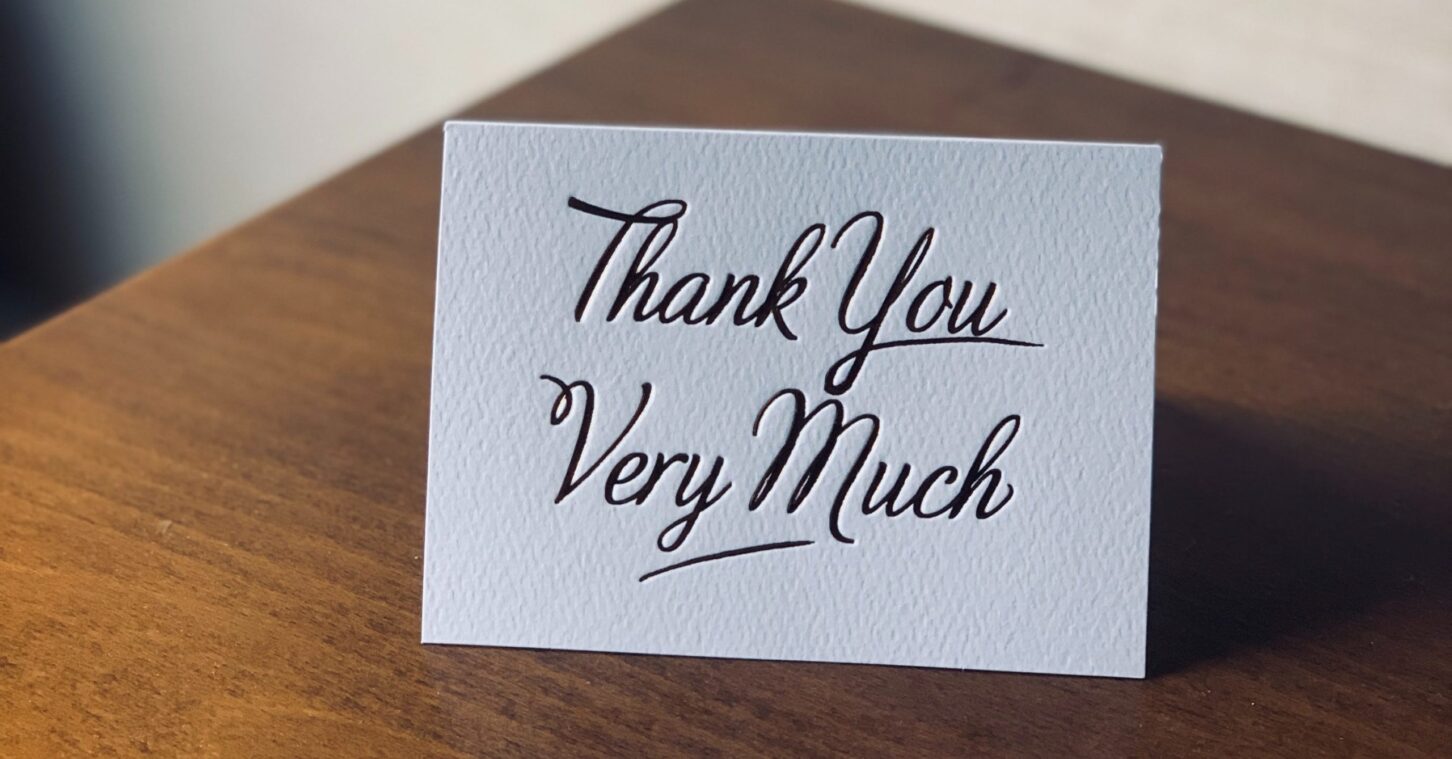
Hello, again.
When you last heard from me, I was preparing for open-heart surgery. It was planned and non-emergent, but getting your chest cut open is just as unnerving no matter how long you know it’s coming. Maybe more so, the longer you know.
The short version of this story is that the operation was a success, my recovery was easier than expected, and I’m mostly back to “normal,” whatever that means anymore.
The longer version goes like this:
Traveling for a major surgery is no light endeavor. I knew that when I chose a surgeon at New York City’s Mount Sinai Hospital, and I can reaffirm it now. It’s tougher on everyone involved, from the patient to those who travel with him to those who stay home.
That said, I wouldn’t have done it any other way. When facing something so serious, you need absolute confidence you’ve done your homework and made the best choice possible. As I navigated a half-day of pre-op appointments, I knew that I’d done so. As I said in my last column, do your own research.
But: Remember your Burns as well. The best laid schemes o’ Mice an’ Men …
My last conversation at the hospital the day before the operation was with the surgeon. I’d traveled to New York so he could perform a special kind of valve-replacement procedure not available to me in Atlanta. Almost as an aside – the same way I’d learned about the Ross procedure from another surgeon – he said in about 0.5% of cases, the surgeon learns mid-operation that the patient’s anatomy won’t allow for it. Just one in 200 patients; surely nothing to worry about.
Well, I may not be one in a million but evidently I am one in 200. He had to pivot, and I ended up with the same outcome, a new valve from a cow, that I could have gotten in Atlanta. I’m still “fixed,” just with a greater chance of needing another surgery down the road.
Yet, I wasn’t overly disappointed when the anesthesia began to clear and he told me what happened. A bit disappointed, sure. But I also knew that if I hadn’t tried what I thought was best, I forever would have wondered “what if?” Eliminating that pang of doubt and regret was worth it.
As I got less groggy and more reflective, I realized something else. Medicine, especially a major surgery, isn’t a computer program; it doesn’t simply spit out the result of the inputs you entered. We are unique beings with quirks and subtleties that can’t be wholly foreseen despite our array of diagnostics.
I think we have a tendency to forget that. I know I’ll have more sympathy with the next athlete on my favorite team who doesn’t meet – or, as we’ve come to expect, beat – the expected recovery or timeline for returning from a procedure. (But please, don’t let it be Ronald Acuña Jr.)
It’s similar to the overwhelming feeling I had during the births of both of my children: Despite our medical knowledge and advances, on some level we’re still up against nature, and we haven’t completely tamed it.
There’s one other element I need to mention, last but the opposite of least. That’s the power of prayer. It certainly shaped my sense of calm before the surgery, and after learning it didn’t go the exact way I’d planned.
I know people were praying for me, because they told me so. Many readers wrote to tell me you’d offer up my situation to our heavenly Father.
I have prayed before for a sense of peace amid a time of turmoil. Never before have I truly experienced what Paul, in his letter to the church at Philippi, called the peace “which surpasses all understanding.” But then, never before have I known of so many people interceding on my behalf. I am grateful to them, and to Him.